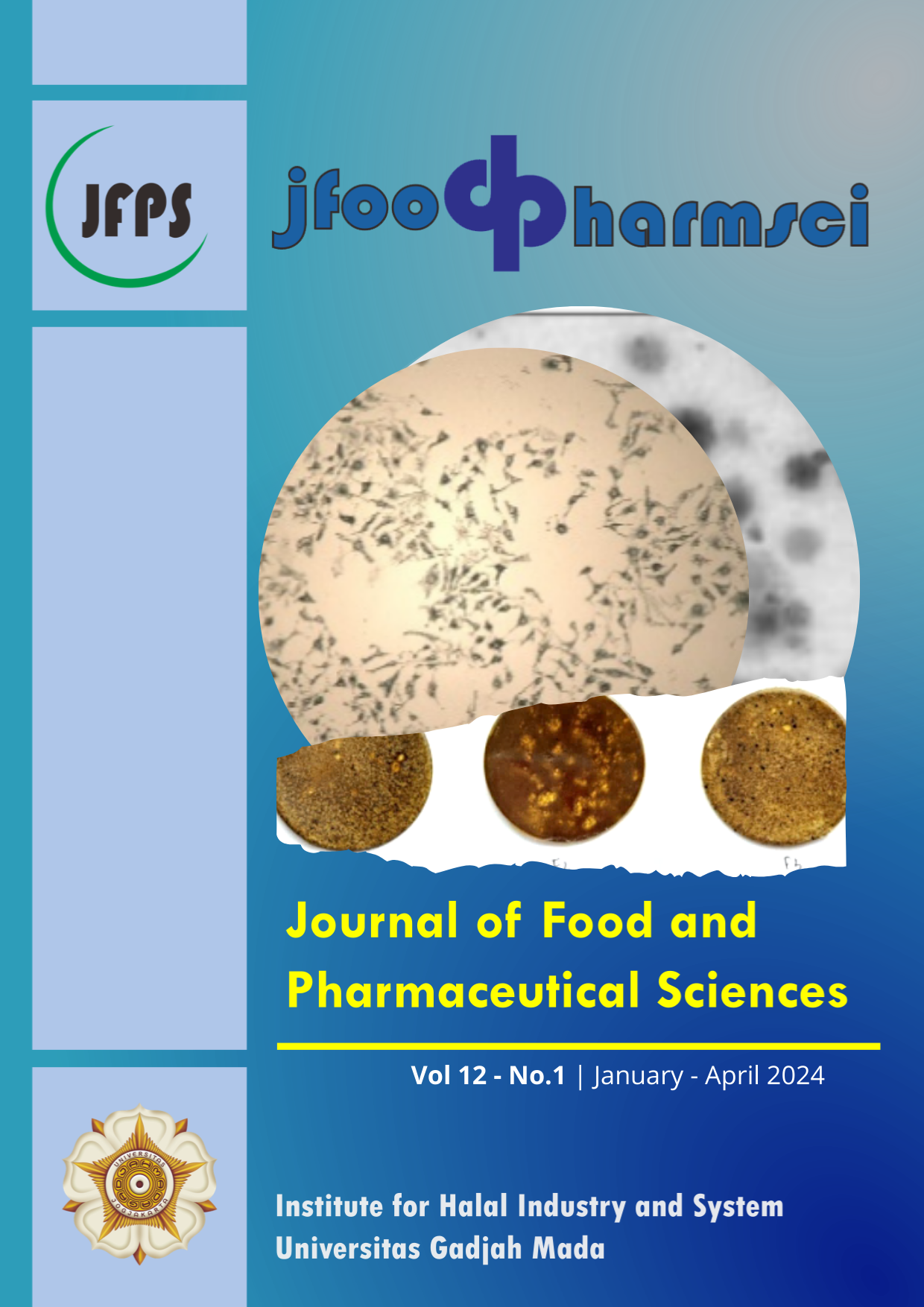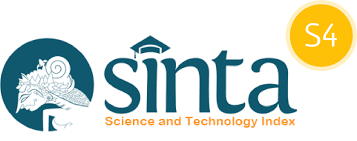Enhancing Anticancer Potential: Investigating the Synergistic Impact of Doxorubicin and Curcumin on HeLa and Vero Cells in Vitro
Abstract
(1) Background: Cervical cancer ranks as the fourth most prevalent cancer globally and in Asia, standing as the second most common in Indonesia. Despite its efficacy, doxorubicin chemotherapy is associated with significant side effects. To mitigate these adverse effects, a promising approach involves combining conventional drugs with curcumin. Both curcumin and doxorubicin have demonstrated cytotoxic effects against cervical cancer (HeLa). This research aims to determine the synergistic effect of the combination of doxorubicin and curcumin on HeLa and safety in normal cells (Vero cells). (2) Methods: This study adopted an experimental design utilizing doxorubicin and curcumin samples with HeLa and Vero cells. The investigation was initiated with cytotoxic and combination tests using the MTT method. The obtained results included IC50 values and combination indices, and the analysis involved a comparative examination of outcomes between HeLa and Vero cells. (3) Results: Cytotoxic tests revealed IC50 values for doxorubicin and curcumin on HeLa cells, measured in 2,17 ± 0,06 and 26,37 ± 2,00 µg/mL, and 17,32 ± 1,99 and 181,88 ± 30,48 µg/mL on Vero cells. Combination test results were represented by combination index .(4) Conclusions: The synergistic effect is observed at the combination of curcumin at a concentration of 9 μg/mL and doxorubicin at a concentration of 0,125 μg/mL, resulting in a combination index of 0,50. These findings suggest a promising avenue for enhancing the therapeutic potential of doxorubicin in cervical cancer treatment while minimizing adverse effects.
































